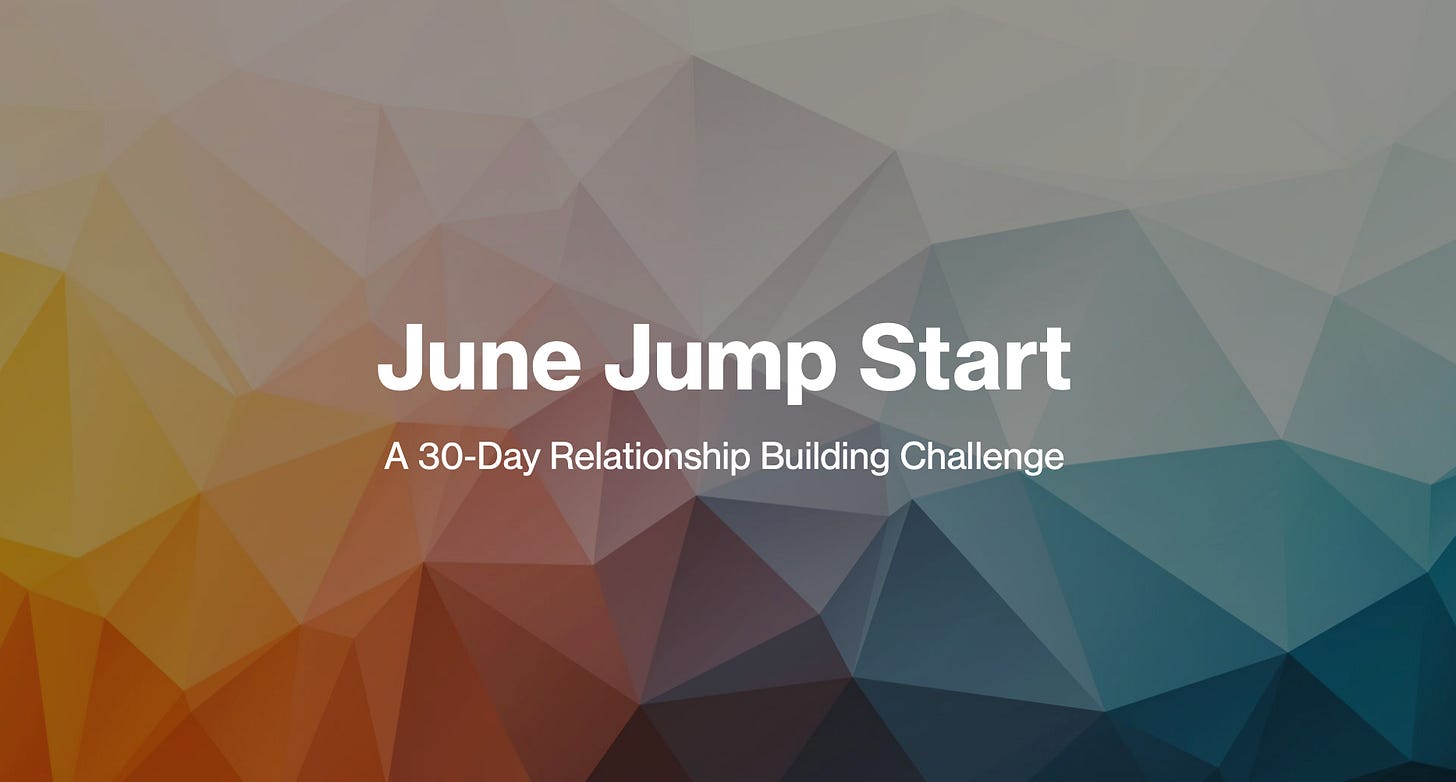Last week we encouraged you to use the month of June to try one of three approaches to tending to your mission-driven relationships: Listen. Appreciate. Ask. We’ll spend the next few weeks diving deeper into each to inspire you to keep going.
Let’s explore Ask and why this is so powerful for relationships. While answers are helpful, the right questions are key because they move partners toward greater alignment by inspiring reflection, engendering collaboration, and showing regard for the other’s opinion. It’s okay to struggle a bit for the right question - it’s a goal to work toward. But here’s why it is worth it.
1. Go From Repeating to Discovering. Beware of the familiar. It is easy to do things the way we have always done them. This keeps us stuck in habits that take greater insights and opportunities for solutions off the table.
The right question breaks us out of the routine. And with the pace of change speeding up with new technologies and shifting policy environments, finding the right questions alongside your partners is more important than ever. Why has it been done this way in the past? What has changed from then to now? What if we did it another way? What can we learn from the current situation? These are just a few powerful questions to get your team into discovery mode.
2. Move from Making Assumptions to Understanding Values. We do such a great job curating our world to include as little conflict as possible, we start to believe that everyone thinks like us and then we act on that belief. It isn’t long before the unspoken ends up taking charge. In philanthropy, for example, that looked like formulating approaches to school choice based on the assumption that parents placed the highest value on school performance above other values like safety, convenience, and familiarity.
The right question makes the unseen visible. Think about what valuable information you might get by asking, Why is this important to you/your organization? What is your concern about this approach? What is the biggest barrier to this project’s success in your community /organization /foundation? Start opening the door to conversations about underlying values, beliefs, communication styles, and cultural norms. Your partnership and project outcomes will be richer for the effort.
3. Transition from Airing to Sharing. You don’t want to lose sight that your questions have a purpose. You are fueling your partnership toward some end. That isn’t transactional, it is practical. So don’t stop at airing the issues, values, or insights. Move on to questions like, How do we work together given what we know? Who else should be here with us? Be intentional about follow up questions so you don’t become an interrogator, but a curious participant with a shared purpose.
If you have picked Ask as your practice for June, have fun with developing your questions. Note the responses you get from your partners and how your mindset shifts in ways you did not anticipate.
And, one varsity-level move - anytime you notice a “dug-in-ness” in yourself, push yourself to ask a question. That moment when you most want to defend or advocate for “the one right way forward,” is calling you to ask a question.


